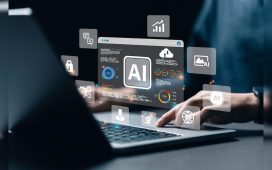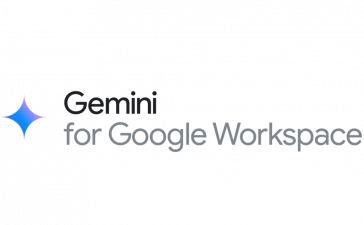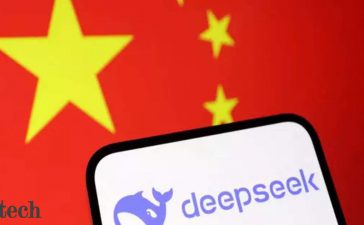It is already traditional that at the end of the year, Bill Gates publishes a letter with resolutions for the new year in the technological field, analyzing what innovations should be developed in the coming years and their impact on society.
In his letter for 2024, Gates gives the spotlight to artificial intelligence and how, from the foundation he created with his ex-wife Melinda, he has discovered the full potential of this technology to solve many health, educational and social problems that are currently stagnant. due to lack of resources.
Grandpa Bill and the world he leaves for future generations. Bill Gates has just become a grandfather, and that fact has focused a good part of the millionaire’s reflections on the world in which his granddaughter’s generation will have to live. Gates seems a little disappointed because he is not using AI as much as he imagined in his daily life. “I thought I would use AI tools for the foundation’s strategic reviews this year, which require reading hundreds of pages of briefing materials,” Gates admits in his letter, but “I ended up preparing for them the same way I always do.” .
In any case, Bill Gates predicts a “tipping point” in 2024 with advances in AI and several other fields. In his letter, the millionaire equates the current moment of artificial intelligence to the arrival of the Internet in the early 80s, and its rapid expansion in the 2000s.
“At first, you probably didn’t know many people who were using it. But it became more common over time until, one day, you realized that most people had email addresses, bought things online, and They used search engines to answer their questions.
Bill Gates sees AI as a tool to address socioeconomic inequalities, improve access to education and mental health, and reduce global inequalities in future generations.
Artificial intelligence that saves lives with few resources. From his vantage point at the Gates Foundation, the millionaire has been able to closely follow in recent years different health projects in which innovation and the intervention of artificial intelligence are having a direct impact in countries with few resources.
Thanks to these tools, it has been possible to combat diseases resistant to antibiotics by providing suggestions on the best drug, dose and duration, as well as improving early diagnosis in high-risk pregnancies and when treating diseases such as HIV, where taboo and social pressure can be an obstacle easily overcome with a chatbot. “We can learn a lot from global health about how to make AI more equitable. The main lesson is that the product must adapt to the people who will use it,” Gates notes in his letter.
AI to train the new generations. In his letter, Gates is optimistic about the role of AI in educational projects that provide educational tools to students in countries without resources such as Khanmigo, developed by Khan Academy, or MATHia.











